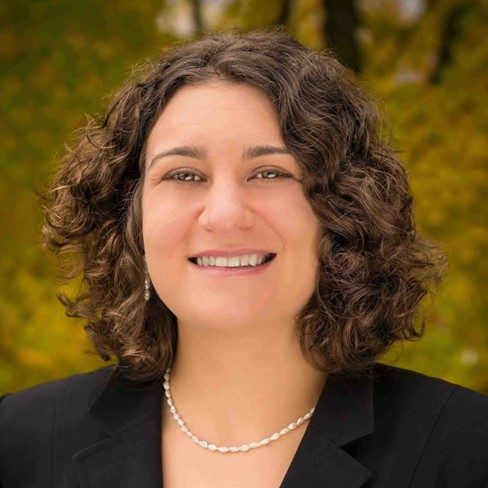Dr Elana Judith Fertig
Forecasting pancreatic carcinogenesis
This talk presents a hybrid computational and experimental strategy to uncover interactions between neoplastic cells and the microenvironment during pancreatic carcinogenesis. As pancreatic cancer develops, it forms a complex microenvironment of multiple interacting cells. The microenvironment of advanced pancreatic cancer includes a dense composition of cells, such as macrophages and fibroblasts, that are associated with immunosuppression. New single-cell and spatial molecular profiling technologies enable unprecedented characterization of the cellular and molecular composition of the microenvironment. These technologies provide the potential to identify candidate therapeutics to intercept immunosuppression in pancreatic cancer. Inventing new mathematical approaches in computational biology are essential to uncover mechanistic insights from high-throughput data for these precision interception strategies. Here, we demonstrate how converging technology development, machine learning, and mathematical modeling can relate the pancreatic precancer microenvironment to carcinogenesis and therapeutic response. Combining genomics with mathematical modeling provides a forecast system that can yield computational predictions to anticipate when and how the cancer is progressing for therapeutic selection. This mathematical forecast system will empower a new predictive oncology paradigm, which selects therapeutics to intercept the pathways that would otherwise cause future cancer progression.

Dr. Elana Judith Fertig
Johns Hopkins University
Dr. Fertig advances a new predictive medicine paradigm for oncology by converging systems biology with translational technology development. Her wet lab develops time course models of therapeutic resistance and single cell technology development for analysis of clinical biospecimens. Her computational methods blend mathematical modeling and artificial intelligence to determine the biomarkers and molecular mechanisms of therapeutic resistance and disease progression from multi-platform genomics data. These techniques have broad applicability to the analysis of clinical biospecimens, developmental biology, and neuroscience.
Dr. Fertig is a Professor of Oncology and Division and Associate Cancer Center Director in Quantitative Sciences, co-Director of the Convergence Institute, and co-Director of the Single-Cell Training and Analysis Center at Johns Hopkins University. She has secondary appointments in Biomedical Engineering and Applied Mathematics and Statistics, affiliations in the Institute of Computational Medicine, Center for Computational Genomics, Machine Learning, Mathematical Institute for Data Science, and the Center for Computational Biology and is a Daniel Nathans Scientific Innovator. Prior to entering the field of computational cancer biology, Dr Fertig was a NASA research fellow in numerical weather prediction. Dr. Fertig’s research is featured in over numerous peer-reviewed publications, R/Bioconductor packages, and competitive funding portfolio as PI and co-I. Notably, she led the team that won the HPN-DREAM8 algorithm to predict phospho-proteomic trajectories from therapeutic response in cancer cells and was elected to the College of Fellows American Institute for Medical and Biomedical Engineering (AIMBE) in 2022. She serves on the editorial boards of the pre-eminent computational biology journals PLoS Computational Biology, Cell Systems, ImmunoInformatics, eLife, and Cancer Research Communications, and as a steering committee member for the NCI Informatics Technology for Cancer Research Consortium
